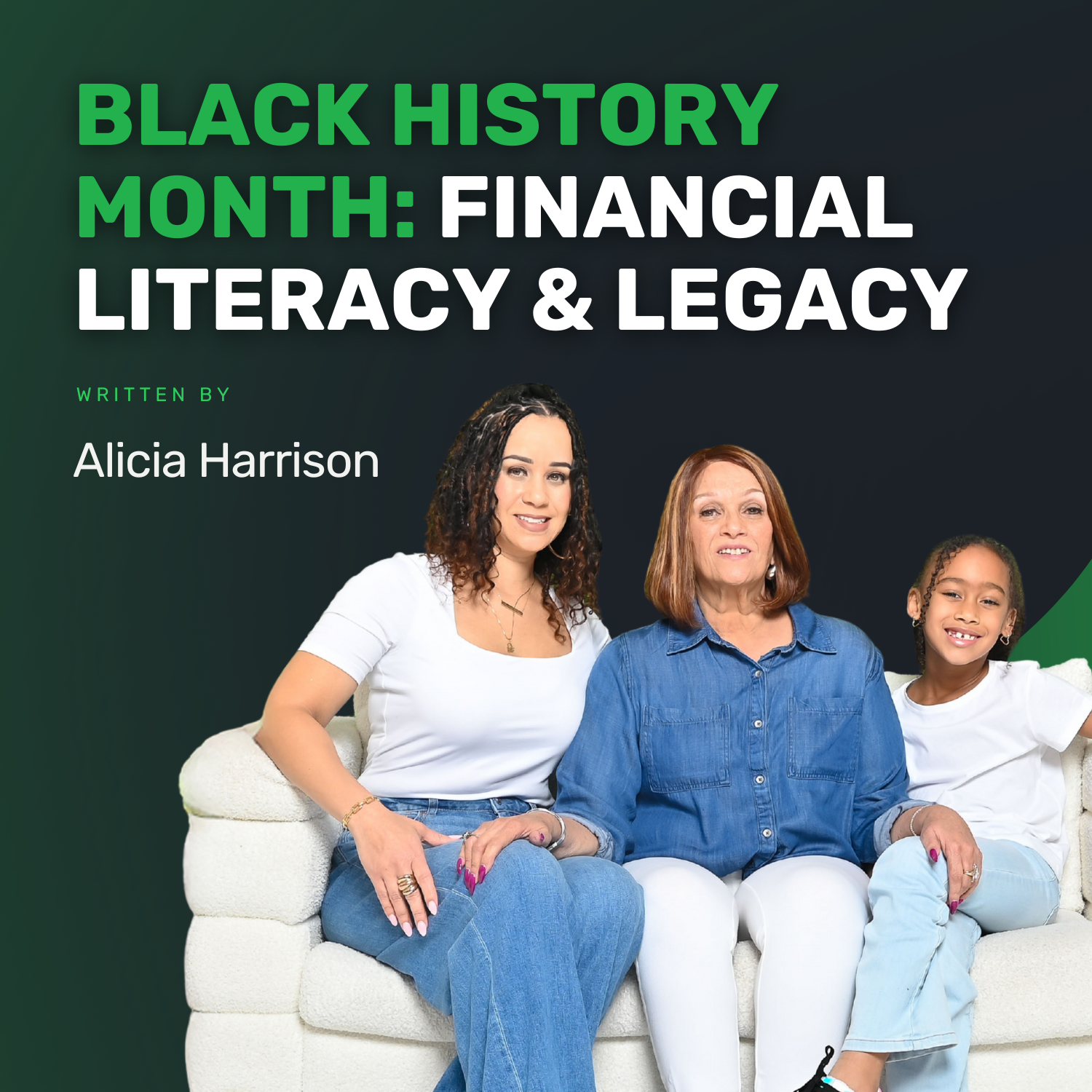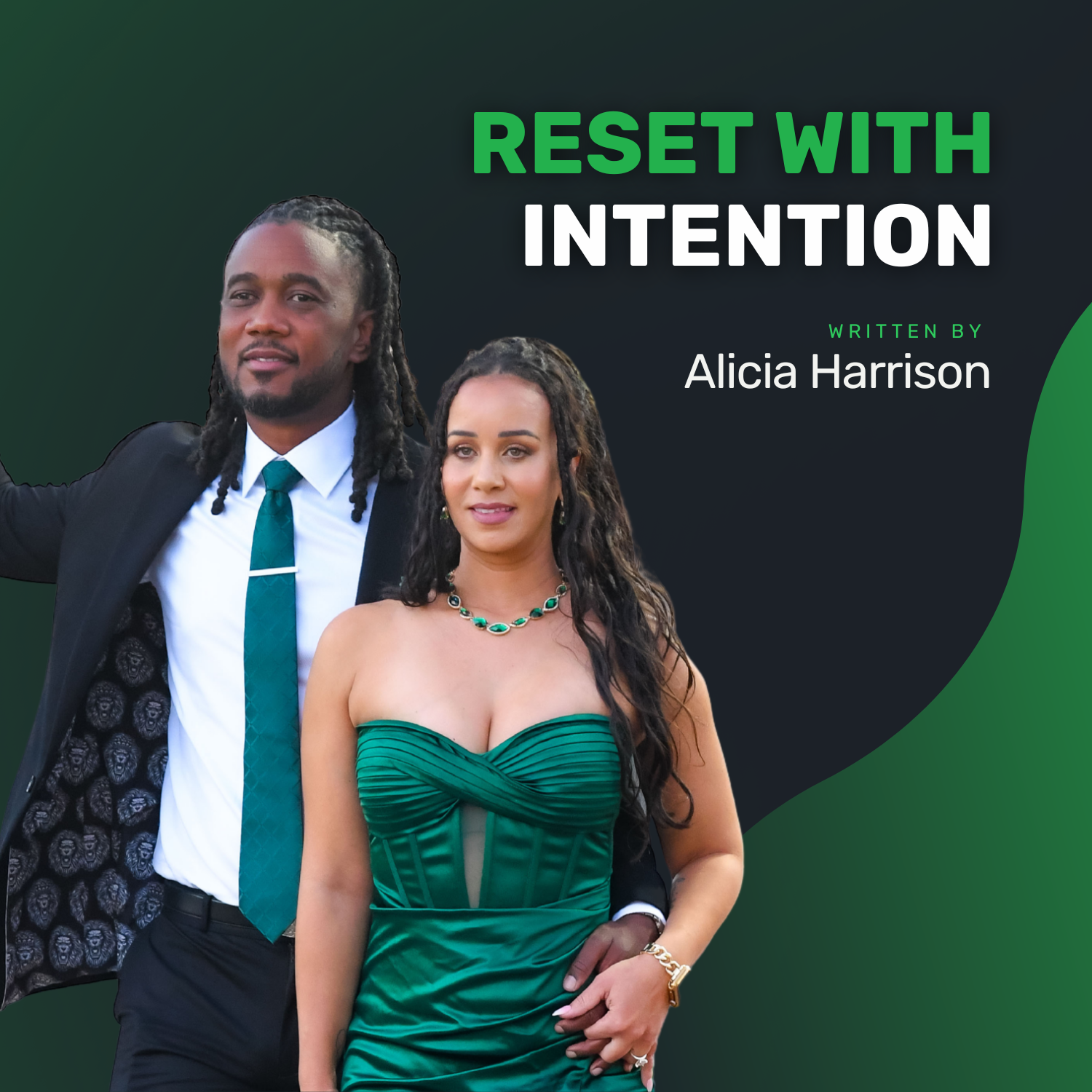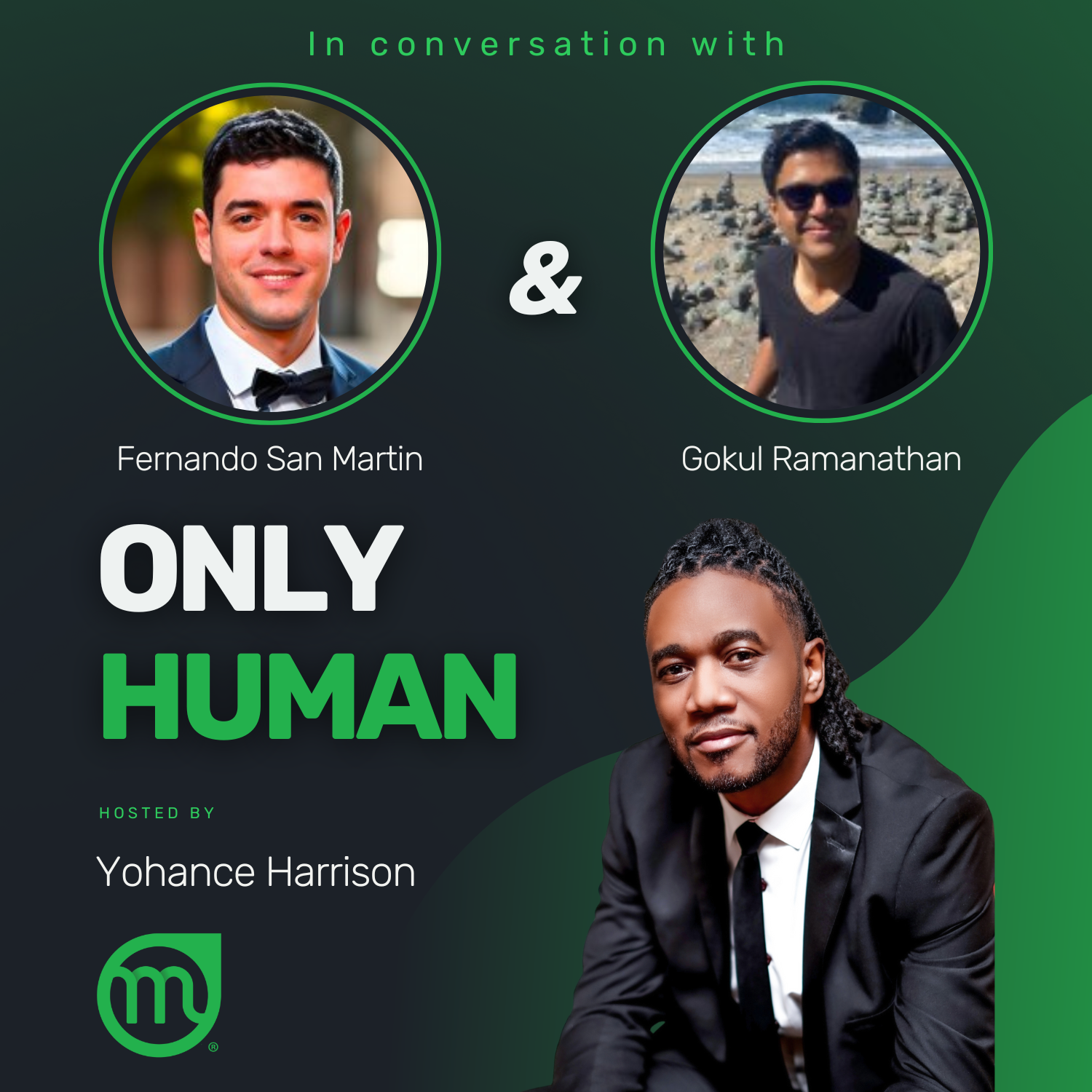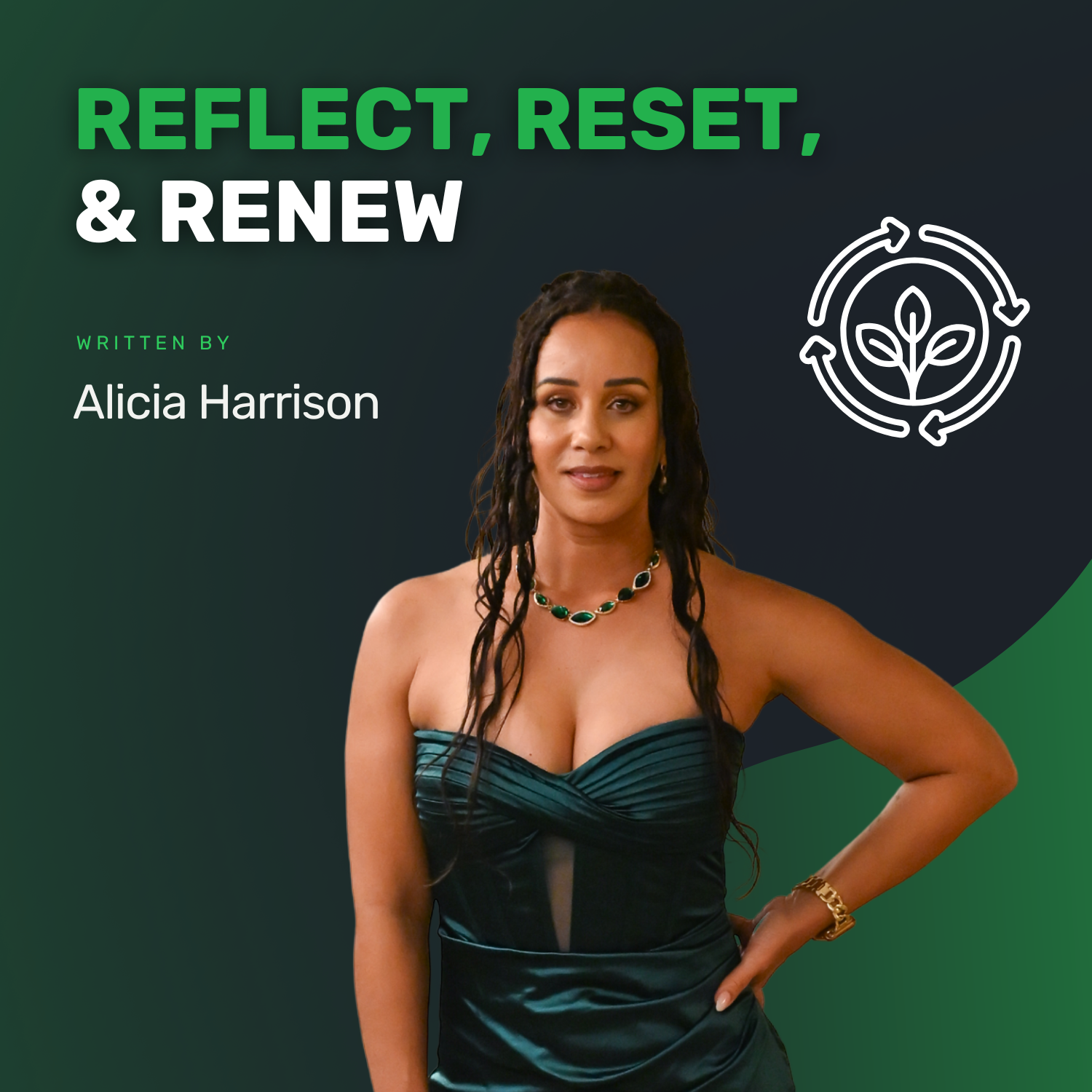
AI Doesn’t Know Your Client (And That’s a Good Thing)
Financial advisors are rightly curious about AI.
We want to know if it can help us grow, scale, streamline—and yes, even connect.
But here’s a truth we can’t ignore:
AI doesn’t know your client.
And it never will.
It's a Tool, Not a Substitute
Mark Hansen said it well on the Only Human podcast:
“AI magnifies what's already there. If you put in smart, it magnifies smart. But it is just a magnifying glass.”
You wouldn’t hand a magnifying glass your meeting agenda. So don’t expect AI to build a relationship, express empathy, or recall a delicate conversation from six months ago.
It doesn’t remember the family emergency that cut your last meeting short.
It doesn’t know how to read your client’s hesitation—or their spouse’s silence.
Only you do.
How Advisors Are Using AI (Smartly)
Mark’s not anti-AI. Neither am I.
We both use it—but intentionally.
Here’s how you might consider applying it in your practice:
- Break through writer’s block
Draft meeting agendas, blog posts, or email templates. Let AI do 80% of the heavy lifting so you can focus on your tone and clarity. - Role-play tough conversations
Ask AI how to explain disability insurance to a skeptic. Or how to frame a 1031 exchange without sounding like a tax attorney. - Understand your audience
Prompt it with: “What keeps a 40-year-old self-employed parent up at night financially?”
Then refine what comes back. The magic is in the sparring.
“I spar with AI. I don’t let it win,” Mark said. That’s how you stay in control.
Where AI Falls Flat
Sometimes, AI gets it wrong. Gloriously wrong.
Ask it about HSAs and it might tell you both spouses can max out their contributions.
That’s false.
Ask it to define “strawberry” and it might spell it wrong—and then defend its mistake.
That actually happened.
These are more than tech glitches. They're reminders.
AI doesn't know your client’s emotional baggage.
It doesn’t know their fear of losing a parent… or their secret plan to sell the business.
It definitely doesn’t know how they define “enough.”
Keep the Human Work Human
This is the work AI can’t do:
- Sit across from a couple and feel the tension when discussing long-term care
- Pause when a client’s voice cracks during a budgeting discussion
- Know when to listen instead of calculate
Clients don’t just want facts.
They want hugs.
As Carl Richards illustrated in one of his sketches, during market volatility clients don’t crave data—they crave reassurance. The chart showed two bars: one labeled “facts,” the other “hugs.” Hugs won.
And let’s be honest: if clients really wanted raw information, they could Google it.
They come to you because they want a human filter, a steady voice, and sometimes—yes—a little wisdom disguised as a hug.
Try This Exercise
Don’t take our word for it.
Run your own test:
Pick a real situation (change the names) and ask AI to generate advice.
Now read it aloud. Does it feel right? Does it reflect your client’s values, context, and complexity?
Now try rewriting it in your own words.
You’ll likely find what Mark and I found:
It’s faster to be human from the start.
Use AI Without Losing Yourself
- Use AI to get started, not to finish
- Ask it for phrasing, not decision-making
- Use it to clarify your thinking, not outsource it
- Check the source—especially for tax guidance or legal implications
Ask AI to show its sources.
If it can’t link to a .gov page or reputable journal, don’t trust it.
Instead, run it by your CPA, attorney, or team member. This is how we stay irreplaceable.
Next time you sit with a client, try this:
Ask a question that AI never could. Something emotional. Something from the last meeting you still remember.Something that requires you.
Then watch their face light up.
That’s your edge. That’s your moat. That’s what it means to be Only Human.
Learn more about Mark Hansen:

.svg)





